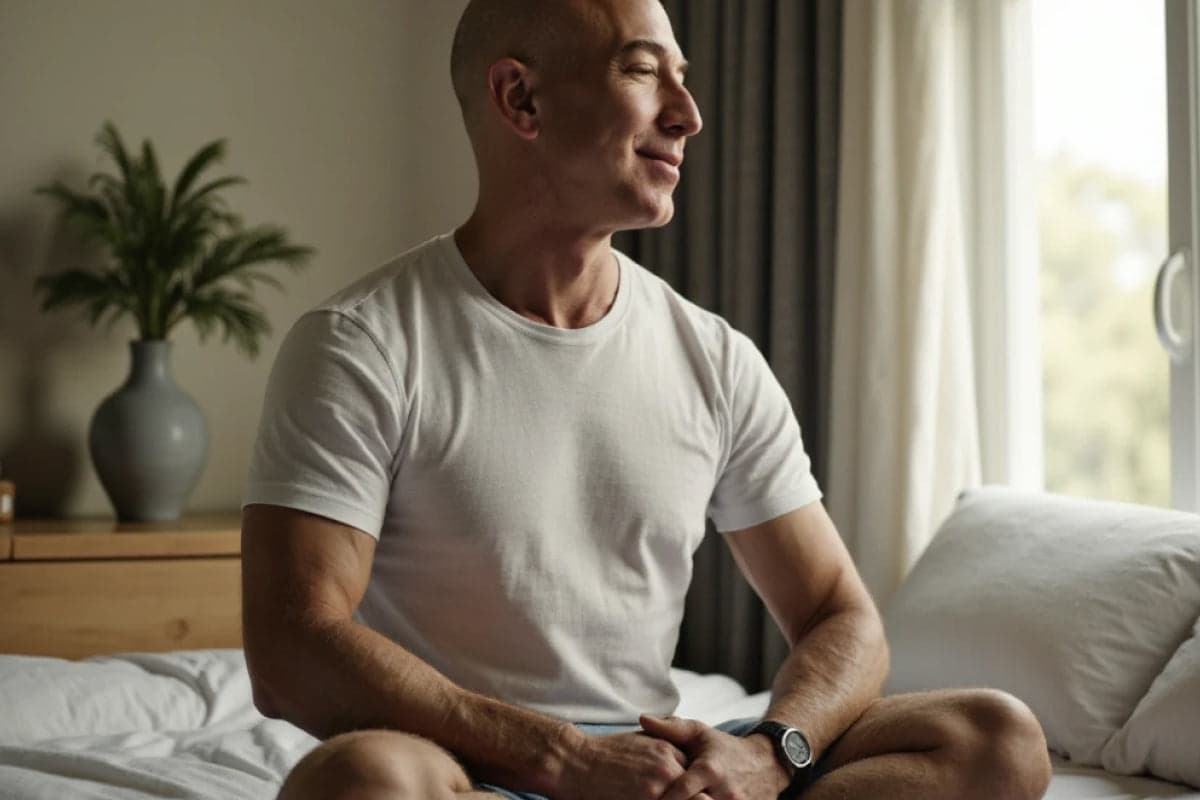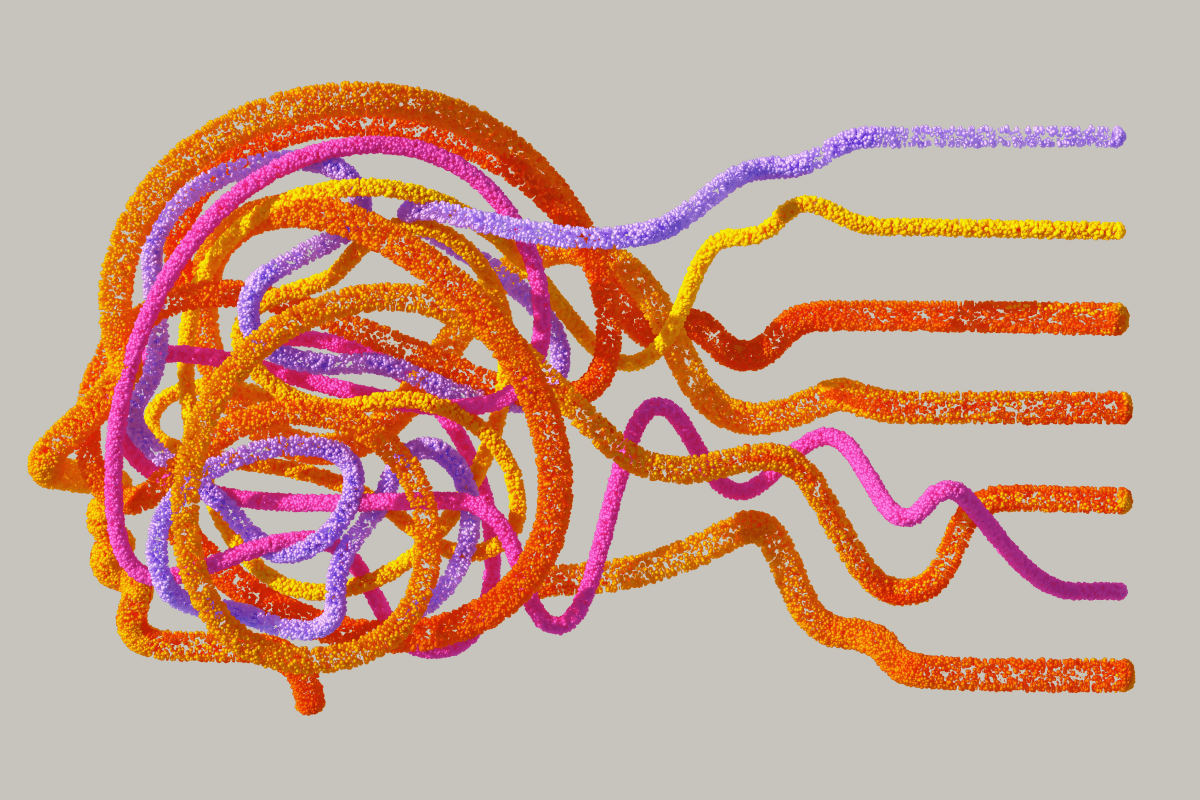Is My Smartphone Making Me Forgetful?

Written by: Pippa Thackeray
Written on: February 11, 2025
Smartphone photography has changed how we remember things. It’s speedy, it’s efficient, but at what cost to our health and intelligence? Studies now show that snapping endless photos can weaken recall and turn memories into a third-person view, an effect that may be detaching us from real experiences and negatively impacting our mental health and cognitive function.
Are smartphone cameras meddling with our memories?
It would appear that visual documentation is dominating the human brain more so than ever, and on a global scale. Anyone with access to a smartphone with a camera will understand this familiar scenario. In seconds, a memory can be frozen in space, and always just a button away.
But the mass of our snapshots — of meals, of sunsets, of milestones — could all be hindering our mental faculties, that is if the button is pressed too much.
Research has revealed that just as photos can act as powerful memory aids, the act of taking photographs and revisiting them later on, might impair our ability to remember experiences authentically. All in all, it raises provocative questions. Is our obsession with documenting life on-screen robbing us of the ability to truly experience life in all its complexity and depth, as it unfolds before us?
“The camera has it covered”: why taking photos makes you forget
The concept of the photo-taking impairment effect has gained traction in psychology. This worrying hypothesis suggests that when we take a photo, we’re effectively surrendering this particular memory to the camera, and this could mean a poorer recall of the actual event.
An intriguing study led by psychologist Linda Henkel demonstrated that participants who photographed museum exhibits remembered significantly fewer details than those who observed without cameras. Henkel’s thoughts on the study are that: “When people rely on technology to remember for them, they are counting on the camera to record the event and thus not needing to attend to it fully themselves… it can have a negative impact on how well they remember their experiences.” In short, the whole phenomenon can also be described as laziness for the memory-making processes in our brains.
Compounding this issue is our tendency to place more emphasis on capturing the perfect shot than on the moment itself, and in so doing, not being fully present or aware. In another more recent museum experiment example, conducted a decade later in 2022, there was a clear demonstration that taking multiple photos does not bring about improvements to our memory. The findings from it reinforce the idea that rather than preserving memories, excessive photo-taking can erode them in an act of such preoccupation.
Explaining the third-person perspective
Adding to the complexity, photos could even augment our memories into an estranged third-person perspective, where we remember moments as though we’re simply external observers.
The idea might seem a bit psychedelic and “out there”, and yet researchers believe there is some evidence to be viewed in support of it.
According to psychologist Alixandra Barasch, she found that people recalling shared experiences through photos often report less vivid and personal recollections.
“Taking photos with the intention to share increases self-presentational concern during the experience, can reduce enjoyment directly, as well as indirectly by lowering engagement with the experience”
Alixandra Barasch, University of Colorado
Our yearning for beautiful or in whatever way ‘apt’ aesthetics for the sake of social media, or even for personal documentation purposes, may risk the overbalance of appearances over emotions. Given time and enough repetition, this could diminish emotional resilience and even a reduced sense of self.
What is cognitive offloading?
Some of the romantics among us worry about smartphones taking us away from physical diaries or more analog means of capturing an image, such as the archaic charms of jotting things down with pen and paper or using a film camera. But the real concern could be a more pressing matter.
The concept of cognitive offloading describes our growing reliance on technology to remember things for us. Psychologist Daniel Wegner, in a 2011 piece identified “the Google effect”, the tendency for people to remember less when they believe information is stored externally, such as online. Digital images can be likened to this effect.
While this proposition isn’t necessarily harmful in moderation, reliance on external memory devices over years or even decades can weaken the neural connections that are key to memory formation. It, of course, raises concerns about the potential long-term effects on cognitive health. Within this, researchers are concerned about a decline in our brain’s ability to process and store new information effectively.
A review published in 2020 warned of the potential negative effects of extensive screen time, including heightened attention-deficit symptoms and impaired emotional and social intelligence.
The threat of anxiety and overstimulation
The instant gratification of capturing and sharing photos can feed into compulsive behaviours, further reinforcing a cycle of dependency on technology. Over time, this dependency can contribute to feelings of dissatisfaction, as our curated digital lives fail to match up to reality.
What to remember
Photography is, and always has been, a beautiful and rather poetic way of capturing a memory, a cherished moment in time. But when the act of taking a photo supersedes the act of living — that’s when the problems emerge and at which point we risk compromising our mental health and happiness; losing both a sense of reality and self as we lose sight of our ability to be fully present and mindful.
So next time you swipe open the camera function on your phone, reflect and meditate upon this:
"Great photography is about depth of feeling, not depth of field."
Peter Adams, renowned photographer
Shop MIND at Healf and explore fresh, practical ways to embrace stillness and presence.
If stripping back from the maximalism of modern image generation appeals to you we recommend these products to nurture an environment of calm:
This article is for informational purposes only, even if and regardless of whether it features the advice of physicians and medical practitioners. This article is not, nor is it intended to be, a substitute for professional medical advice, diagnosis, or treatment and should never be relied upon for specific medical advice. The views expressed in this article are the views of the expert and do not necessarily represent the views of Healf
References
https://www.sciencedirect.com/science/article/abs/pii/S2211368117301687
https://www.researchgate.net/publication/51498032_Google_Effects_on_Memory_ Cognitive_Consequences_of_Having_Information_at_Our_Fingertips
https://pmc.ncbi.nlm.nih.gov/articles/PMC7366948/#:~:text=Potential%20harmful %20effects%20of%20extensive,brain%20development%2C%20and%20disrupted%20sleep
This article is for informational purposes only, even if and regardless of whether it features the advice of physicians and medical practitioners. This article is not, nor is it intended to be, a substitute for professional medical advice, diagnosis, or treatment and should never be relied upon for specific medical advice. The views expressed in this article are the views of the expert and do not necessarily represent the views of Healf
Pippa is a content writer and qualified Nutritional Therapist (DipNT) creating research-based content with a passion for many areas of wellbeing, including hormonal health, mental health and digestive health.
As a contributor to The Healf Source, she regularly attends seminars and programmes on a plethora of contemporary health issues and modern research insights with a drive to never stop learning. In addition, interviewing experts and specialists across The Four Pillars: EAT, MOVE, MIND, SLEEP.
In her spare time, she is an avid swimmer, mindfulness and yoga lover, occasionally bringing a raw, honest approach to the topics she faces. You may also discover some personal accounts of eye-opening wellbeing experiences amidst the reality of a disorientating, and often conflicting, modern wellbeing space.






